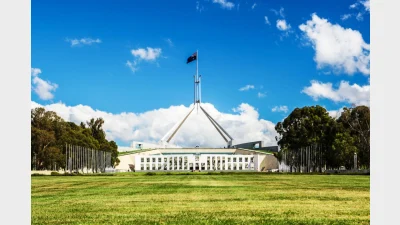Governance changes will cost $12.3 million a year



The Federal Treasury has estimated the cost of introducing new superannuation fund governance arrangements to be $8.5 million in start-up costs and $12.3 million a year on an ongoing basis.
The Treasury has used a submission to the Senate Economic Legislation Committee to strongly back the Government's legislative changes based around the imposition of at least one-third independent directors including an independent chairman.
It comes against the background of another submission from the Corporate Super Association (CSA) claiming that the costs associated with the changes would be high without delivering equivalent benefits.
The Treasury submission argues that increasing the level of independence on superannuation boards "is the key to improving governance in the superannuation system, thus improving member outcomes".
"Independent directors bring to the board an external, dispassionate perspective, enabling boards to benefit from a diversity of views and providing a check on management recommendations," it said.
"In contrast to directors who may be executives of the RSE [registrable superannuation entity] licensee's business or who represent employers and employees, independent directors are more likely to be free of the types of conflicts that may cause them to (either intentionally or unintentionally) serve the interests of the employer sponsors, a related party or a subset of members, rather than the fund's entire membership," the submission said.
Recommended for you
ASFA has launched a central online hub to help super funds, employers and service providers prepare for Payday Super reforms.
The Super Members Council is calling on the government and regulators to impose additional safeguards to prevent superannuation switching harm and has put forward multiple suggestions for improvements.
The Assistant Treasurer has reaffirmed the government’s commitment to strengthening retirement outcomes, consumer protections and cyber resilience in superannuation.
The industry super fund has advanced reconciliation efforts with a new initiative focused on improving outcomes for First Nations members.










One assumes that this change has come about due to directors of Super Funds not acting independently? If so, which funds are involved? I guess as a director of an Industry fund I could be accused of not acting independtly from time to time due to feeling the need to at all times act in the best interests of members, but then again, could one be more independent then to take such position?